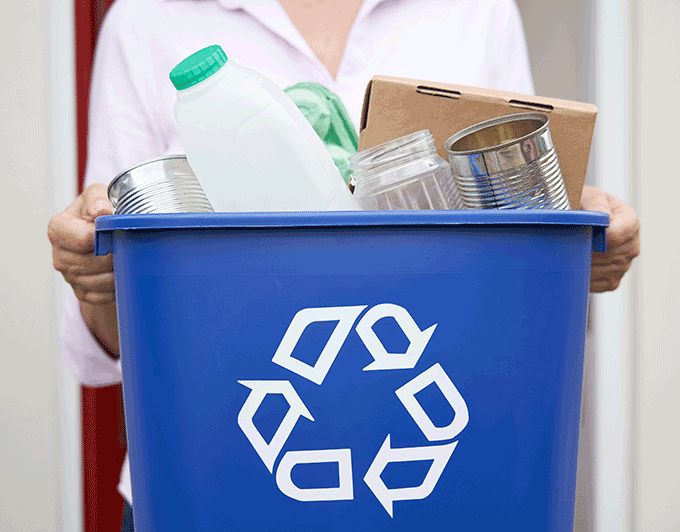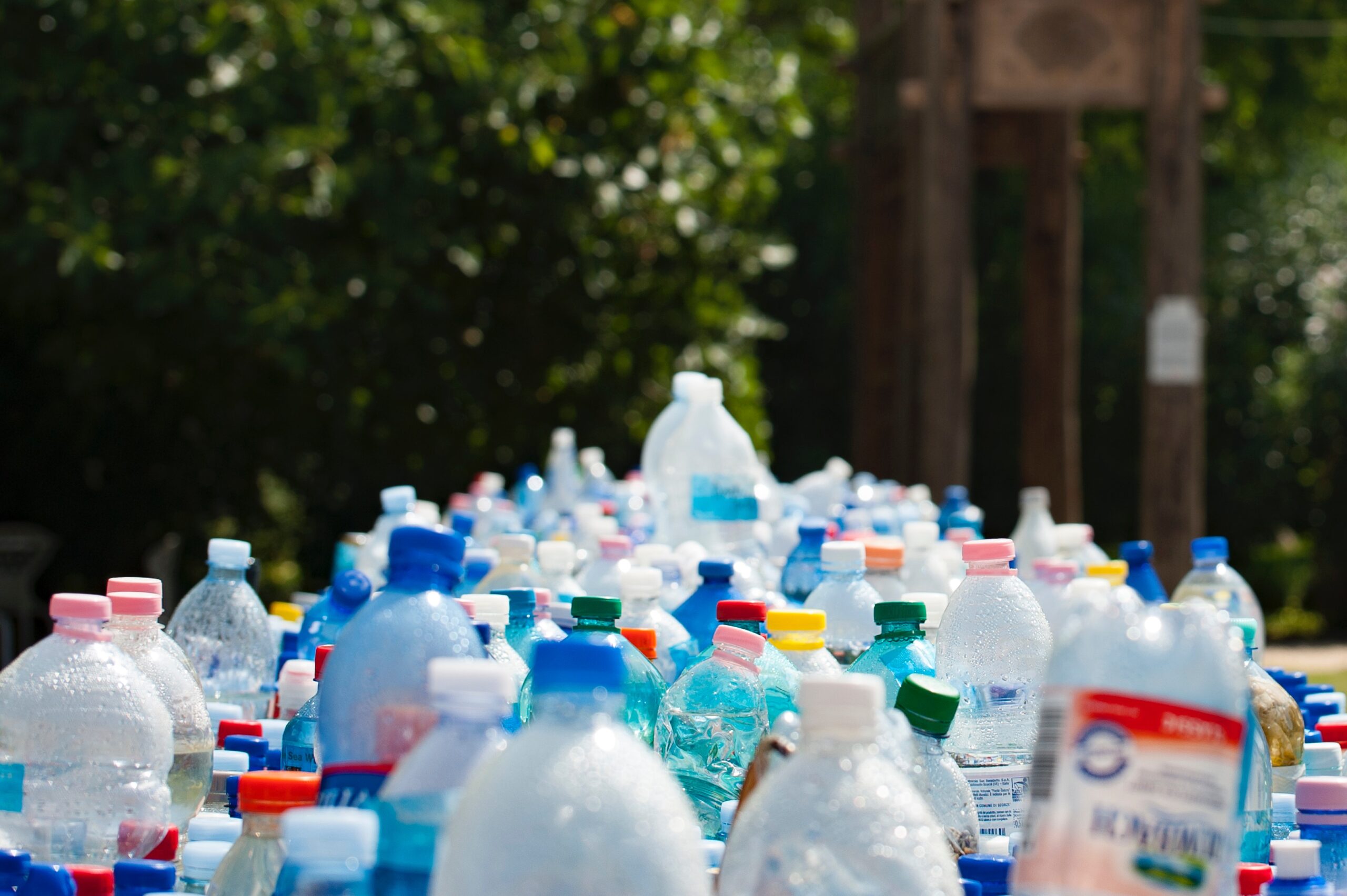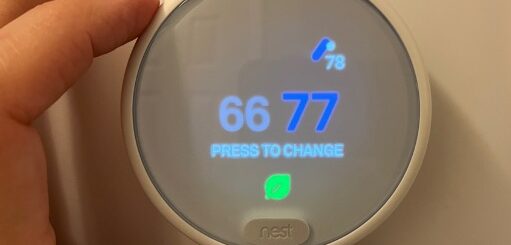Effective Recycling: A Guide for Homeowners

As concerns about environmental sustainability continue to grow, recycling has become an essential practice in many households. However, a common question that homeowners often ponder is whether the items they diligently place in their household recycling bins are truly recycled or end up in municipal landfills1. In this article I hope to provide homeowners with valuable insights and practical tips to ensure that their recyclables are indeed recycled and not wasted. By following these guidelines and taking proactive measures, homeowners can contribute to a more sustainable future.
- Understand the Recycling Process:
To ascertain the fate of their recyclables, homeowners should familiarize themselves with the recycling process. Recycling generally involves collection, sorting, processing, and manufacturing into new products. Municipalities often partner with recycling facilities or private contractors to handle these stages. By understanding how recycling works in their area, homeowners can better assess the effectiveness of the recycling system and make informed decisions2.
- Check Local Recycling Guidelines:
Each municipality has its own specific recycling guidelines and regulations. Homeowners should consult their local recycling authority or visit the official website to obtain detailed information on what can and cannot be recycled. These guidelines typically cover materials such as plastics, paper, glass, metals, and electronics. By adhering to these guidelines, homeowners can ensure their recyclables are suitable for the recycling stream3.
- Opt for Widely Accepted Materials:
In recycling, not all materials are created equal. Some items have a higher chance of being recycled due to their demand in the market or the efficiency of recycling processes. Prioritize recyclable materials that are widely accepted, such as clean paper, cardboard, aluminum cans, glass bottles, and certain types of plastics (marked with recycling symbols). Choosing these items increases the likelihood of successful recycling and reduces the chance of them being diverted to landfills2.
- Clean and Sort Properly:
Contamination is a significant issue in recycling. Homeowners should rinse food residue from containers, remove bottle caps, and flatten cardboard boxes to prevent contamination and facilitate the sorting process. Proper sorting is crucial, as mixed or improperly sorted materials can be deemed non-recyclable and rejected. By taking the time to clean and sort their recyclables, homeowners contribute to a more efficient recycling system2.
- Reduce, Reuse, and Repurpose:
While recycling is important, the ultimate goal should be to minimize waste production. Homeowners can adopt a “reduce, reuse, and repurpose” mindset to reduce their reliance on disposable items. By using reusable containers, shopping bags, and opting for products with minimal packaging, homeowners can decrease the volume of waste generated. Embracing these practices lessens the burden on recycling systems and promotes sustainability4.
- Participate in Recycling Programs:
Many communities offer additional recycling programs beyond curbside pickup. Homeowners should actively seek out these opportunities to ensure their recyclables are recycled effectively. Programs such as drop-off centers for electronics, hazardous waste, or specific materials allow homeowners to directly contribute to recycling efforts. By participating in these programs, homeowners can be confident that their recyclables are being properly managed2.
- Engage with Local Government Offices:
If homeowners have concerns about the recycling practices in their area, reaching out to local government offices can provide valuable insights. Offices such as recycling coordinators, environmental departments, or waste management authorities can address inquiries regarding recycling processes, landfill diversion rates, or the overall effectiveness of recycling initiatives. Engaging with these offices not only increases transparency but also promotes accountability in waste management practices2.
As homeowners strive to make a positive impact on the environment, it is crucial to ensure that their recyclables are effectively recycled and not discarded into landfills. By following the guidelines outlined in this article, individuals can take proactive measures to maximize the chances of their recyclables being properly managed. By understanding the recycling process, adhering to local recycling guidelines, and actively participating in recycling programs, homeowners contribute to a more sustainable future. Additionally, engaging with local government offices fosters transparency and reinforces responsible waste management practices. Together, these efforts can help create a greener and more environmentally conscious society.
References:
- Christensen, J. (2022). Why Recyclables Often End Up in Landfills. Waste Dive. Retrieved from https://www.wastedive.com/news/why-recyclables-often-end-up-in-landfills/650818/
- Environmental Protection Agency. (2021). Recycling Basics. Retrieved from https://www.epa.gov/recycle/recycling-basics
- U.S. Department of Energy. (2021). Recycling: Sorting It All Out. Retrieved from https://www.energy.gov/eere/femp/recycling-sorting-it-all-out
- U.S. Environmental Protection Agency. (2021). Reducing and Reusing Basics. Retrieved from https://www.epa.gov/recycle/reducing-and-reusing-basics

 Rob McCandless
Rob McCandless


